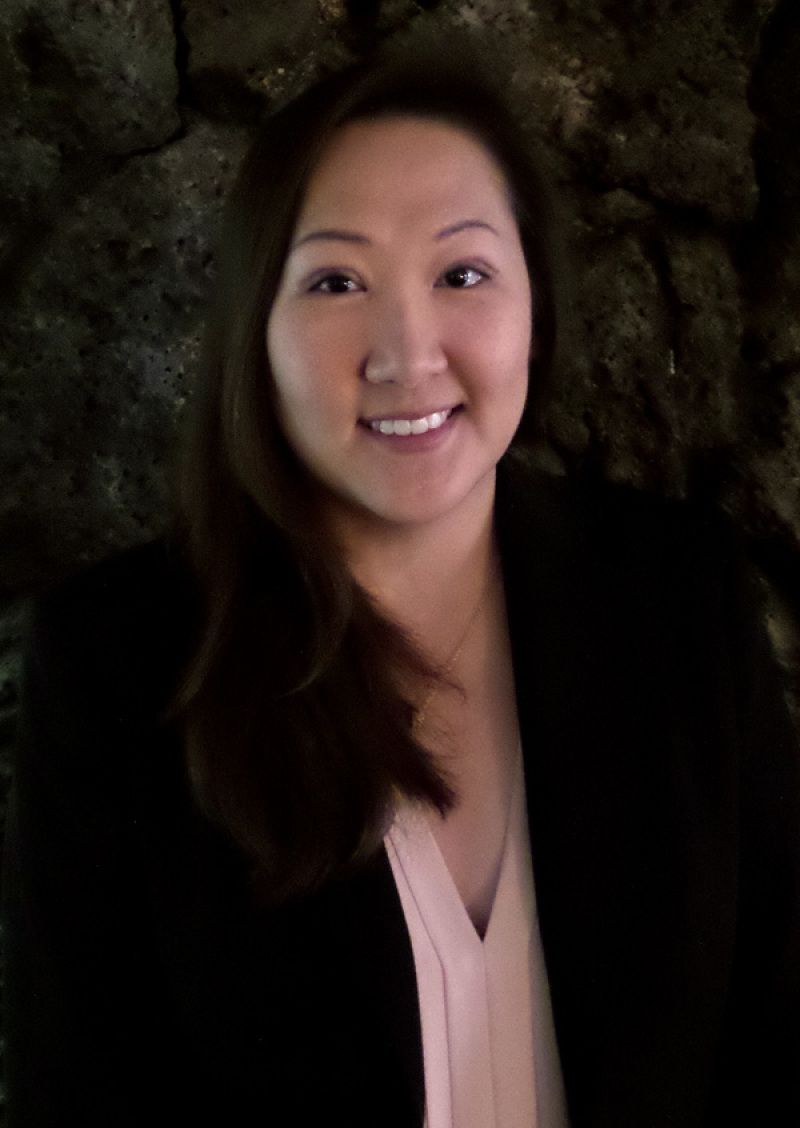
As an educator, having taught for over ten years as a primary school teacher, I have come to experience a wide-range of diversity among my students, but the most important aspects of teaching were the parents' involvement and its impact on the child. Diversity comes in various forms, including different cultural backgrounds, socio-economics, religion, social and emotional skills, and pre-existing knowledge that was formulated before entering school through the family's expectations.
There are many research studies that studied the impact of parent involvement and student achievement. One of the studies was completed by the Harvard Family Research Project's (HFRP) Family Involvement Research Digest, (2005) by William Jeynes. He conducted a meta-analysis study that drew from 77 studies, comprising of over 300,000 K-12 students. The study found the following: The results indicated that parental involvement is associated with higher student achievement outcomes. Parents who invested more time, such as reading and communicating with one's child had a greater impact on student educational outcomes; and parental expectations had the largest effect and parental involvement programs also influenced educational outcomes. The impact of parent involvement does have a positive effect on student achievement, especially parental expectations.
I have personally experienced this myself as an educator. One example was from my first four years of teaching as a kindergarten teacher in Los Angeles, California. The students I have taught were minority, low-income students. Many of the students' parents were single mothers, homeless, fathers were incarcerated, or parents were working multiple jobs or odd-hour shifts. Though the students were of similar socio-economic background and cultural background, there was a higher intellectual and academic attainment among students whose parents' invested their energy towards their child through helping with homework, volunteering in the classroom, attending school-parent meetings and conferences, and seeking resources to aid their child academically.
Now, I want to point out that though parental involvement and expectations has an impact on student achievement, not all parental involvement in education is necessarily helpful to the long-term academic and personal development of the child. For instance, in the primary years and even up to high school, children grow under the wings of the parents, following the rules and expectations laid by the parents. However, when the child attends college, the child is no longer under the wings and control of the parent. The child is now free to make his/her own choices, choosing his or her own classes in college, what time he or she wants to take the classes, and how to spend free time. However, if the children are used to being told what to do, and having restrictions, rules, and curfews under the expectations of their parents, they may be stifled from becoming independent young adults when they are suddenly faced with these choices in college.
So, what can I do to help my child become a vibrant, independent, globally prepared young adult? How can I have high expectations of my child, while rearing my child to be independent? How can I build a meaningful relationship with my child? Tune in next time for practical tips on how to engage and have a more lasting and interesting relationship with your child.

Dr. Saemina Park graduated from California State University, Dominguez Hills with a Bachelors of Arts in Liberal Studies in 2003, Pepperdine University with a Masters of Arts in Education and multiple-subject teaching credential, University of Southern California with a Masters of Science in School Counseling and Pupil Personal Services Credential in 2006, and the University of Southern California with a Doctorate in Education in May 2014. She has taught for over ten years as an elementary school teacher with the Los Angeles Unified School District. She is currently holding multiple leadership positions at her school while teaching second grades gifted learners. She is the forerunner of using technology in her classroom and teaching colleagues, leading professional development using 21st century skills in the classroom.

















